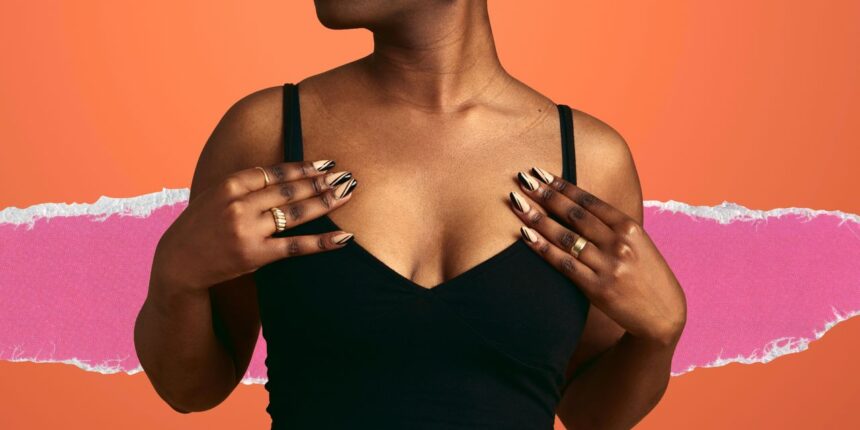When Trish Michelle first told her doctor about a lump in her breast at age 37, his response was that it “didn’t exist,” she tells SELF. In his view, there was little reason to be suspicious: Her prior appointments had been uneventful, she had no known family history of breast cancer, and of course, there was her age: young. “I had to put my hand over his and say, ‘How are you missing this seemingly giant boulder that has grinded my life to a halt?’” says Michelle, who is now the chief community officer at breast and gynecologic cancer nonprofit The Breasties. After considerable back-and-forth, he begrudgingly agreed to send her for a mammogram. Within three weeks, she was diagnosed with breast cancer: stage 3 invasive ductal carcinoma.
Michelle’s case is far from singular. Cancer rates in women under 50 have jumped up by nearly 20% since the early 2000s, according to a 2025 report from the American Cancer Society (ACS), and much of that spike comes from a rise in breast cancer. During the most recent decade of data (2012 to 2021), rates of breast cancer rose more steeply in this group: up 1.4% per year versus 0.7% in women older than 50. Research suggests a few potential culprits, including environmental elements (like endocrine-disrupting chemicals used in products and packaging) and lifestyle factors, like broad trends toward being more sedentary and delaying having kids.
That means a growing number of young women may be at high risk of breast cancer, even without having a noticeable symptom like Michelle’s. This is the same demo largely not captured by breast cancer screening guidelines, which start at age 40—and dictate both access and insurance coverage. But, critically, “like any other screening recommendations, these just apply to people at average risk,” Arif Kamal, MD, MBA, chief patient officer at ACS, tells SELF. And, he says, falling outside of that bucket could make you a candidate for sooner screenings, helping to ensure you catch any evidence of breast cancer STAT—or better yet, avoid it outright.
Why you should figure out your personal breast cancer risk before age 40
Carrying a high risk for breast cancer at a young age could warrant earlier, more frequent, and even different kinds of screening than the usual (which, per the United States Preventive Services Task Force (USPSTF), is a biannual mammogram starting at age 40). The ACS, for instance, suggests people in this camp get both a yearly mammogram and breast MRI starting at age 30; the latter uses a type of imaging that might better pick up some cancers in young people, who are more likely to have dense breasts. And depending on your personal situation, your doctor might also suggest screening even sooner, at a different cadence, or with other technology (like ultrasound).
Jumping on early screenings is critical if you’re at high risk for a few reasons: Research suggests young people are more likely to experience diagnostic delays for breast cancer, and they also tend to have “more aggressive forms of it, which often means larger tumor size or more advanced cancer stage when they get diagnosed,” Amy K. Patel, MD, a breast radiologist and medical director of the Breast Care Center at Liberty Hospital, in Kansas City, tells SELF. It’s a perfect storm that helps explain why women under 40 who get breast cancer are nearly 40% more likely to die from it than their older counterparts.
Read the full article here



